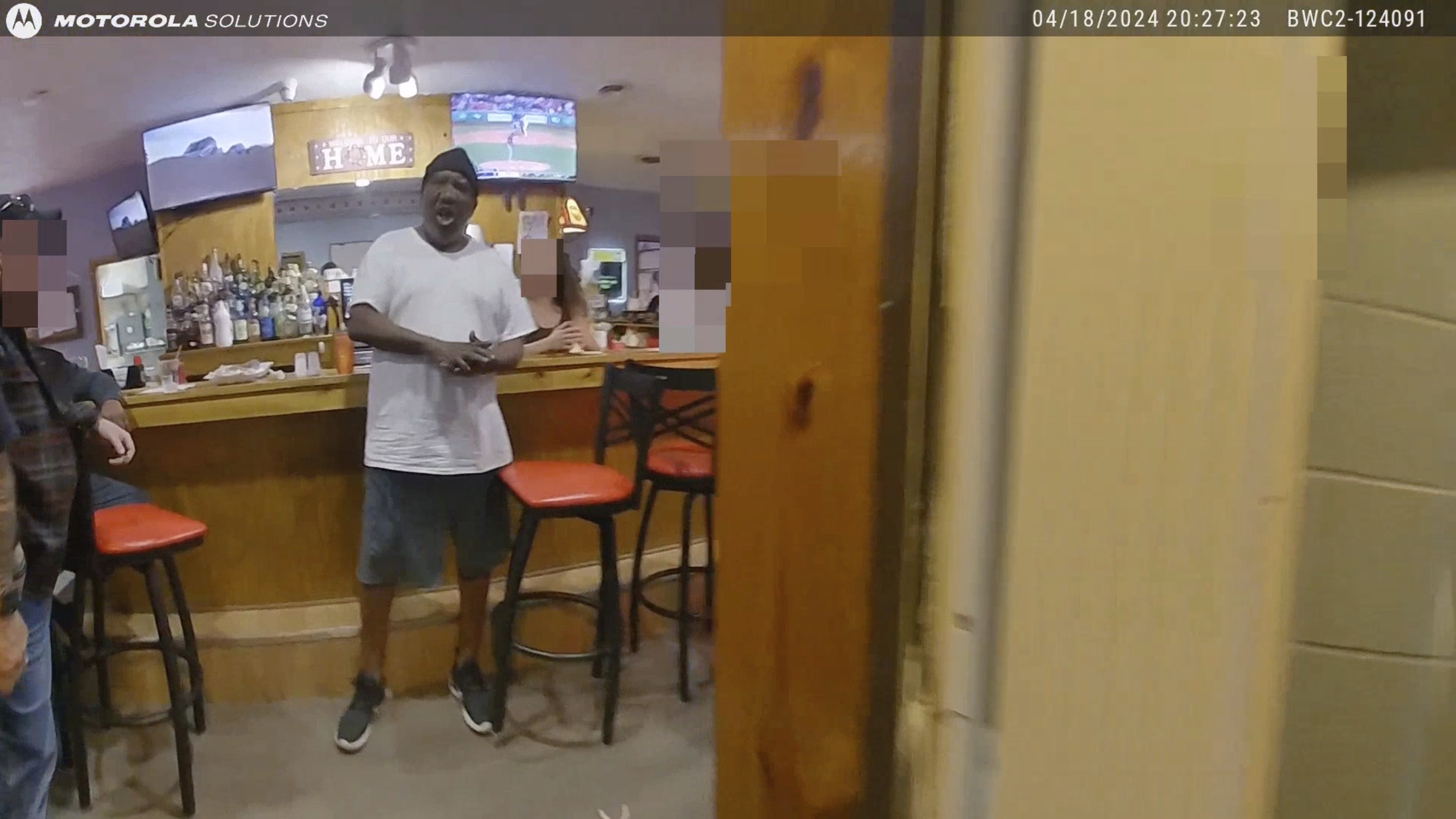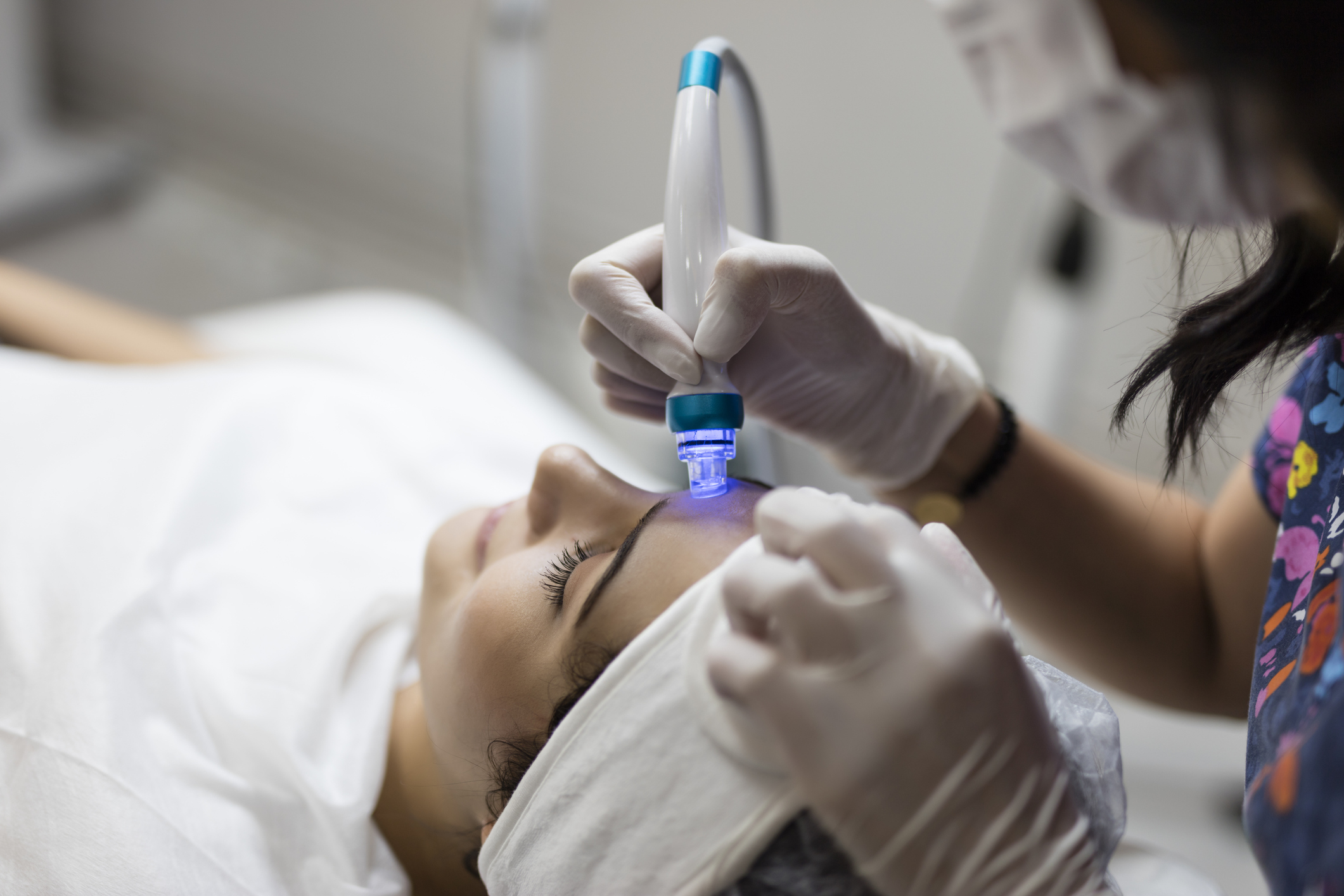In the early '90s when South Africa's Themba Lethu clinic could only treat HIV/AIDS patients for opportunistic diseases, many would come in on wheelchairs and keep coming to the health center until they died.
Two decades later the clinic is the biggest anti-retroviral, or ARV, treatment center in the country and sees between 600 to 800 patients a day from all over southern Africa. Those who are brought in on wheelchairs, sometimes on the brink of death, get the crucial drugs and often become healthy and are walking within weeks.
"The ARVs are called the 'Lazarus drug' because people rise up and walk," said Sue Roberts who has been a nurse at the clinic , run by Right to Care in Johannesburg's Helen Joseph Hospital, since it opened its doors in 1992. She said they recently treated a woman who was pushed in a wheelchair for 3 kilometers (1.8 miles) to avoid a taxi fare and who was so sick it was touch and go. Two weeks later, the woman walked to the clinic, Roberts said.
Such stories of hope and progress are readily available on World AIDS Day 2012 in sub-Saharan Africa where deaths from AIDS-related causes have declined by 32 percent from 1.8 million in 2005 to 1.2 million in 2011, according to the latest UNAIDS report.
As people around the world celebrate a reduction in the rate of HIV infections, the growth of the clinic, which was one of only a few to open its doors 20 years ago, reflects how changes in treatment and attitude toward HIV and AIDS have moved South Africa forward. The nation, which has the most people living with HIV in the world at 5.6 million, still faces stigma and high rates of infection.
"You have no idea what a beautiful time we're living in right now," said one of the doctors at the clinic, Dr. Kay Mahomed, over the chatter of a crowd of patients outside her door.
President Jacob Zuma's government decided to give the best care, including TB screening and care at the clinic, and not to look at the cost, she said. South Africa has increased the numbers treated for HIV by 75 percent in the last two years, UNAIDS said, and new HIV infections have fallen by more than 50,000 in those two years. South Africa has also increased its domestic expenditure on AIDS to $1.6 billion, the highest by any low-and middle-income country, the group said.
U.S. & World
Themba Lethu clinic, with funding from the government, the United States Agency for International Development and the United States President's Emergency Plan for AIDS Relief, is now among some 2,500 anti-retroviral therapy facilities in the country that treat approximately 1.9 million people.
"Now, you can't not get better. It's just one of these win-win situations. You test, you treat and you get better, end of story," Mahomed said.
But it hasn't always been that way.
In the 1990s South Africa's problem was compounded by years of misinformation by President Thabo Mbeki, who questioned the link between HIV and AIDS, and his health minister, Manto Tshabalala-Msimang, who promoted a "treatment" of beets and garlic.
Christinah Motsoahae first found out she was HIV positive in 1996, and said she felt nothing could be done about it.
"I didn't understand it at that time because I was only 24, and I said, 'What the hell is that?'" she said.
Sixteen years after her first diagnosis, she is now on anti-retroviral drugs and her life has turned around. She says the clinic has been instrumental. To handle the flow of patients, they're electronically checked in at reception, several nursing stations with partitions are set up to check vital signs and a new machine even helps dispense medicine to the pharmacists.
"My status has changed my life, I have learned to accept people the way they are. I have learned not to be judgmental. And I have learned that it is God's purpose that I have this," the 40-year-old said.
She works with a support group of "positive ladies" in her hometown near Krugersdorp. She travels to the clinic as often as needed and her optimism shines through her gold eye shadow and wide smile. "I love the way I'm living now."
Motsoahae credits Nelson Mandela's family for inspiring her to face up to her status. The anti-apartheid icon galvanized the AIDS community in 2005 when he publicly acknowledged his son died of AIDS.
Motsoahae is among about a hundred people waiting in a room to see one of about 10 doctors or to collect medications. A woman there rises up, slings her baby behind her back in a green fleece blanket, and tries to leave by zigzagging through the intercrossing legs of those seated.
None of Motsoahae's children was born with HIV. The number of children newly infected with HIV has declined significantly. In six countries in sub-Saharan Africa — South Africa, Burundi, Kenya, Namibia, Togo and Zambia —the number of children with HIV declined by 40 to 59 percent between 2009 and 2011, the UNAIDS report said.
But the situation remains dire for those over the age of 15, who make up the 5.3 million of those infected in South Africa. Fear and denial lend to the high prevalence of HIV for that age group in South Africa, said the clinic's Kay Mahomed.
About 3.5 million South Africans still are not getting therapy, and many wait too long to come in to clinics or don't stay on the drugs, said Dr. Dave Spencer, who works at the clinic .
"People are still afraid of a stigma related to HIV," he said, adding that education and communication are key to controlling the disease.
Themba Lethu clinic reaches out to the younger generation with a teen program.
Tshepo Hoato, 21, who helps run the program found out he was HIV positive after his mother died in 2000. He said he has been helped by the program in which teens meet one day a month.
"What I've seen is a lot people around our ages, some commit suicide as soon as they find out they are HIV. That's a very hard stage for them so we came up with this program to help one another," he said. "We tell them our stories so they can understand and progress and see that no, man, it's not the end of the world."



